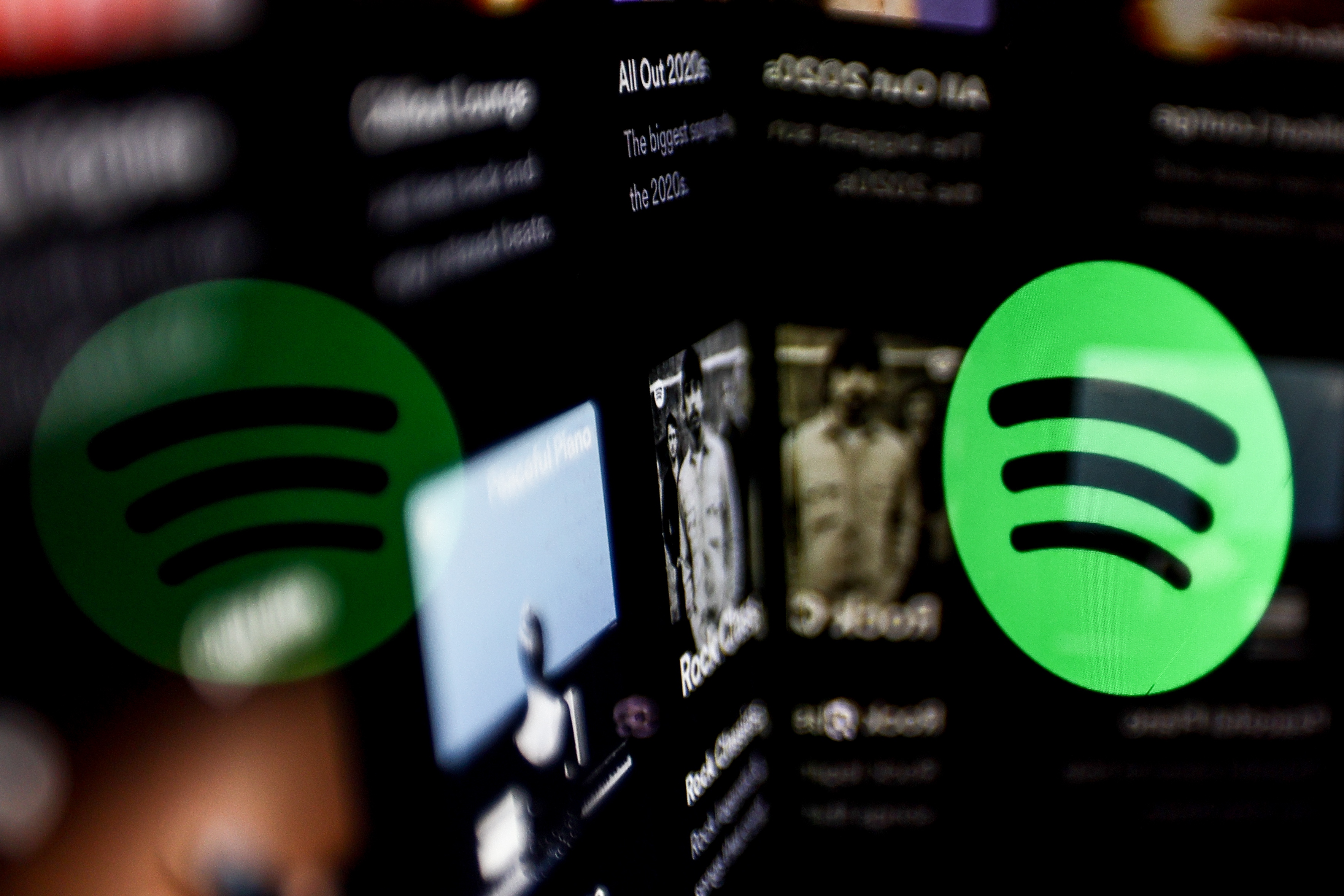I put together a podcast with a mate of mine, journalist and writer Fred de Vries, about music called ThePerfectSongFor… It’s just for fun, but Daily Maverick sometimes promotes it, which is very kind of them, given our tiny audience. The ruse that underpins the podcast is that we choose a topic, find songs that exemplify that topic, and then choose the perfect song for … whatever. But it’s really just an excuse to chat about the music we love, and we often have guests bring a slightly different tone.
Importantly, we introduce a little slice of the songs we discuss and embed them in the podcast, which puts us slightly into a grey legal area because technically, reproducing any portion of any song contravenes the copyright of the performers and the composers. However, the US courts have created a small exception called the “fair use” principle, which allows academics, for example, to quote extracts from a book without having to pay royalties, so long as a whole list of criteria are satisfied. That’s why music reviewers on YouTube, for example, don’t pay royalties, provided they don’t play the whole song and are genuinely reviewing the material.
Anyway, I was surprisingly informed by the music and podcast platform Spotify a few weeks ago that one of our early podcasts had been “removed from our service”. In popular parlance, this is called being “de-platformed”.
Spotify told me that “our automatic review tools identified third-party music in this content and the rights holder has indicated the music is not licensed…”
The podcast episode happened to be called ThePerfectSongFor … Subtle Flirting. Our special guest was Fizz Carr, co-author of a very famous cookbook called The River Cottage Family Cookbook, and the podcast was produced in May, so it seems a very long time after the event for the automatic review tool to get its act together.
We didn’t know, and were not informed, which of the rights holders objected. The podcast included songs from Brian Eno, The Beatles, the Buzzcocks, the Velvet Underground, Neil Young and Soft Cell. Spotify did provide the opportunity to exercise “appeal options”, but warned that repeat infringers could be terminated.
Wow. Well, I don’t want the whole series of podcasts “terminated”. So, I wrote back in the appropriate block and made the point that only short sections of the songs were included to give listeners a feel for the discussion and that, without them, the podcast would fail to serve its purpose. I pointed out that the podcast had been up for six months now, other platforms had not de-platformed us, and that Spotify itself had authorised the podcast format before we started.
I also asked which one of the rights holders had claimed its rights were being infringed, so we could perhaps appeal to them directly. I then got another reply that said my appeal had not been successful, “as such we will not be able to further process your appeal”. I just love it when organisations use the phrase ‘as such’ - it’s just such meaningless ponceyness. “As such”. Please. Give us a break.
But oddly, there was an additional sentence which said if I really believed that I had the right to use the music and I had additional information, they would reopen the matter. Weird and double weird.
I came to this conclusion: the whole process was automated. As in bot-driven. The fact that they didn’t even acknowledge, never mind answer my questions, suggested that there is some programme running in the background. The programme was, I would guess, inserted by Spotify in an attempt to protect, not so much the songwriters and performers, who get 10% of the take if they are lucky, but the industry - presumably at the industry’s insistence. After all, Spotify has an incentive to allow as much “fair use” as possible; the industry has an incentive to permit as little as possible.
So, I formed a plan. If this was just AI at work, I could play this game too. I went on to ChatGPT and asked the bot to produce a justification for why my podcast should not be de-platformed. In milliseconds, it came up with a short but very legalistic response, citing the relevant US law and requesting reconsideration. The key cases (in case you are interested), are The Turtles v Radio City Music Hall Corp, Salinger v Colting, and Bill Graham Archives v Dorling Kindersley.
Anyway, I just sent that response back to Spotify. This was it. This was their AI vs my AI. Who would win? Turns out, my AI.
To their enormous credit, Spotify sent a short note saying: “We’ve completed our review and determined that the following episode is eligible for reinstatement.” And that was that. The episode was put back up and you can listen to it here:
But the bigger issue is this: Is this our future? Will our lives, from here on out, not be governed by one person arguing against another, but one bot arguing against another? The problem is, of course, that decisions of this nature - like so many decisions in life - are not black and white; they are some shade of grey. Subtlety and nuance are actually hallmarks of the true nature of life, decision making and, as it happens, law.
Will AI actually be able to do that? I’m not sure, but this incident has shown one thing: it’s not there yet. DM
Business Maverick
After the Bell: My David and Goliath battle with Spotify





